Products & Services
Transforming Science, Creating Potential
Birth tissues are a plentiful and pristine source of living cells that can support a broad spectrum of experimental model systems and therapeutic approaches. Every placenta comprises maternal and fetal-in-origin cells, creating a unique opportunity to source cells without any risk to the mother or child. At the Amnion Foundation, we specialize in isolating and banking human cells for use by our partners and clients in the pursuit of new therapies.
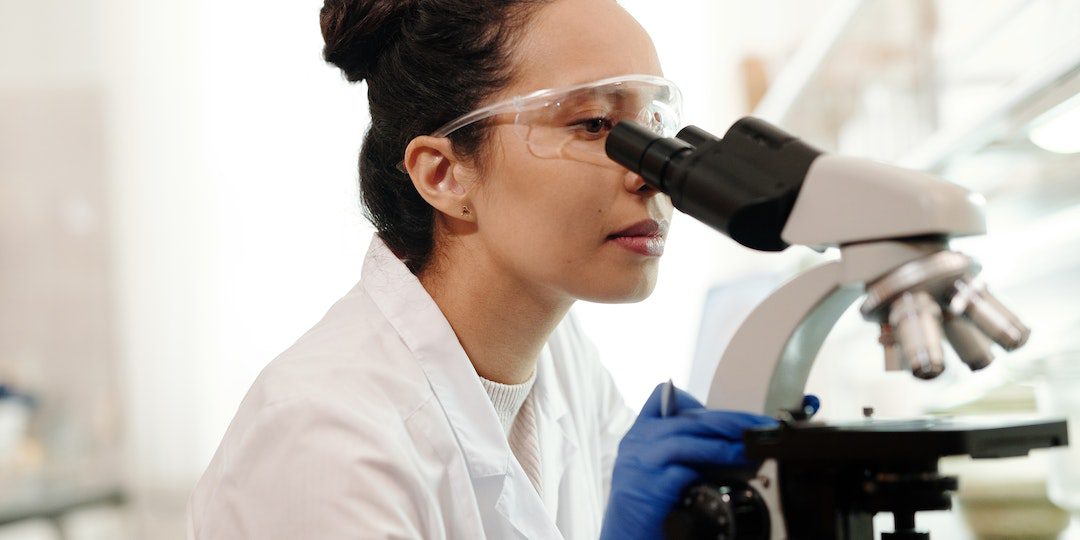
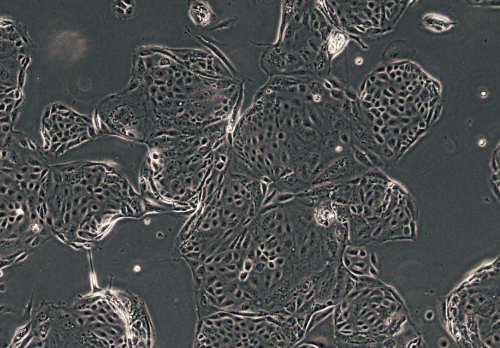
Term Cytotrophoblasts (CTBPRo2®)
Cytotrophoblasts are the fetal-origin epithelial cells that are responsible, in part, for creating a barrier between the maternal blood and the developing baby.
Read more
The cytotrophoblasts act as lineage-restricted progenitor cells that can self-renew and give rise to two different types of trophoblasts. Extravillous trophoblasts are the highly migratory cells responsible for invading the uterine wall early in gestation and ensuring proper implantation of the fertilized egg. Syncytiotrophoblasts arise from cytotrophoblasts and form a contiguous layer of multinucleated cells that are tightly interconnected to control the passage of nutrients, waste, toxicants, and pathogens between the mother and the developing baby.
Until recently, isolation and propagation of cytotrophoblasts from a full-term placenta (after delivery of the baby) were not possible, and these cells could only be obtained from pre-term fetal tissue, which creates controversy for those who want to use these cells in model systems or genomic studies. However, we have developed methods that enable the isolation and propagation of cytotrophoblast progenitor cells from the full-term placenta, thereby creating a non-controversial resource for these valuable cells.
Through tight control of tissue procurement, isolation protocols, and the culture environment, term cytotrophoblasts can be isolated, propagated, and cryopreserved to enable their use in genomic studies and cell-based assays.
Cytotrophoblasts (CTBPRO2®) available through the Amnion Foundation are immunopositive for CD49f and express both the epidermal growth factor receptor (EGFR) and cytokeratin 7 (CK7). They also secrete human chorionic gonadotropin (hCG) in culture.
Order Cytotrophoblasts now by contacting us at sales@amnionfoundation.org!
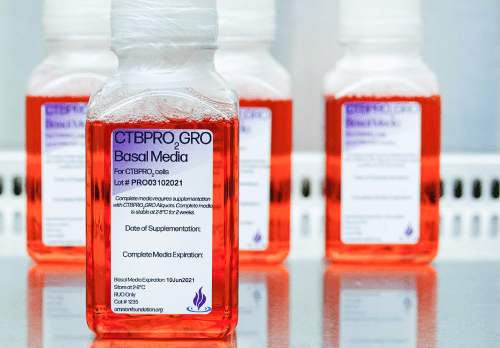
CTBPRO2GRO® Trophoblast Media
Our cytotrophoblast culture media, CTBPRO2GRO™, is a proprietary formula that was designed to enhance the growth and expansion of the CTBPRO2® cells.
Read more
CTBPRO2GRO™ is supplied as a refrigerator-stable basal media and frozen supplement pack that are combined at the point of use to extend the life of the culture media.
Contact us at sales@amnionfoundation.org!
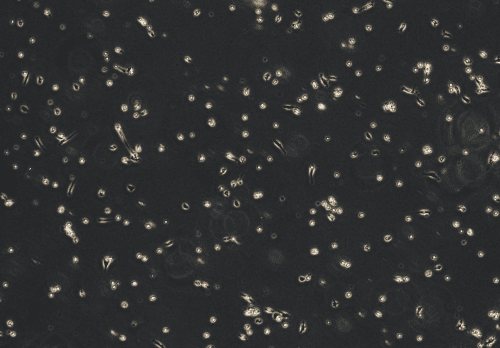
Hofbauer Cells (Macrophages)
Highly specialized tissue macrophages, called Hofbauer cells, are found within the chorionic villi of the placenta throughout gestation.
Read more
Fetal in origin, these cells perform the general functions associated with tissue macrophages, including the phagocytosis of apoptotic cells and the presentation of antigens related to inflammation and infectious diseases. The role of Hofbauer Cells in placental and fetal development is not fully understood but is an area of active investigation. Emerging evidence suggests roles for Hofbauer cells in promoting vasculogenesis, forming the villous tree, and developing the placental mesenchyme. Hofbauer Cells may also play a role in the vertical transmission of infectious agents, including the Zika virus, from mother to child, making this cell type of particular interest in studying infectious disease.
At the Amnion Foundation, Hofbauer cells are isolated from full-term placental tissue after careful microdissection of the chorion and enzymatic dissociation of the tissue. Cells are enriched based on surface protein expression and cryopreserved immediately after isolation without culture steps. Post-thaw morphology is typical of tissue macrophages, and flow cytometric analyses confirm the expression of CD68 and CD163 in each lot.
Order Hofbauer Cells now by contacting us at sales@amnionfoundation.org!
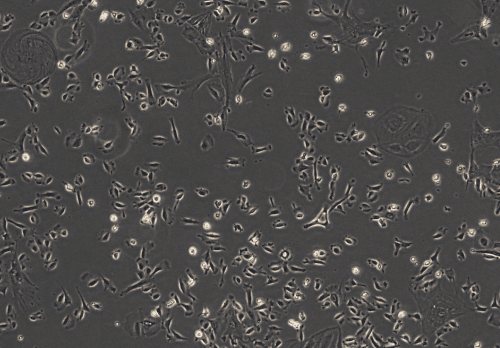
Microvascular Endothelial Cells (MVECPRO2®)
Human placental microvascular endothelial cells (MVEC) are isolated from the term placenta. These cells originate on the fetal side of the placenta and form the microvasculature within the chorionic villi.
Read more
Together with the placental trophoblasts, these cells comprise the maternal-fetal barrier and influence the proper development of the placenta through autocrine and paracrine signaling. The MVEC available from the Amnion Foundation are immunopositive for CD31, CD29, and VE-cadherin and confirmed to be competent for tube formation.
Donor-matched trophoblasts and MVEC may be available to support your projects.
Just inquire!
Order Microvascular Endothelial Cells now by contacting us at sales@amnionfoundation.org!
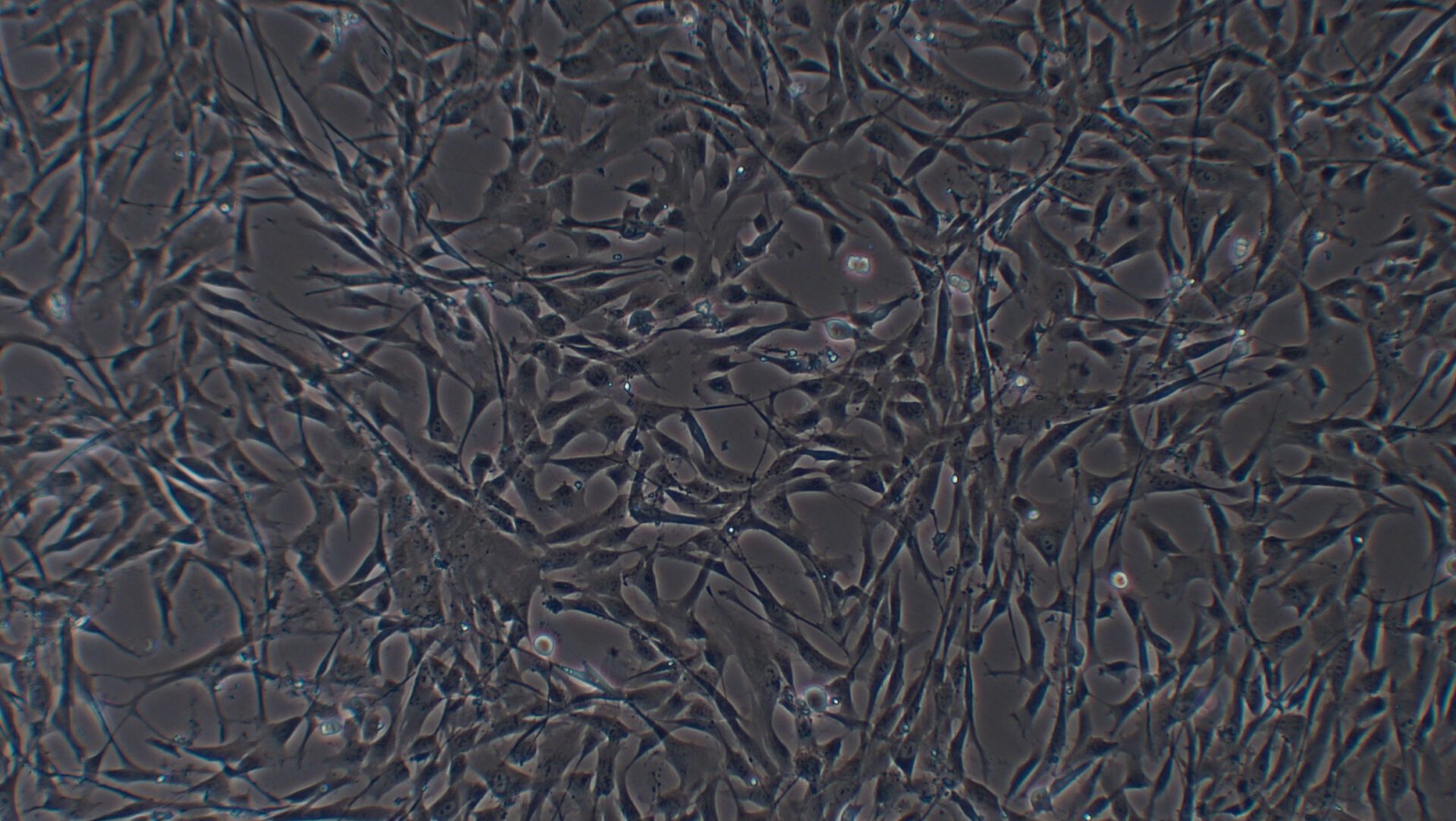
Human Placenta-Derived Stem Cells (PSCPRO2®)
Isolated from the human placenta after a healthy birth, fetal-origin PSCs are phenotypically stable and can be extensively expanded to create large banks of cells to support research, pre-clinical, and clinical programs.
Read more
The potential applications for hPSCs are supported by over two decades of peer-reviewed scientific publications and the advancement of programs at highly accredited research institutes, including the Wake Forest Institute for Regenerative Medicine.
Learn More about the history and science behind PSCs. Are you interested in becoming a PSC banking partner? We would love to hear from you and learn more about your research and GMP banking needs. Are you interested in working with the PSCs to support your basic and preclinical research? The Amnion Foundation provides hPSCs for research use at both standard atmospheric oxygen tensions and physiologic oxygen tensions (PSCPRO™ and PSCPRO2™), as well as offering custom services for the generation of research-grade cell banks formatted to fit your needs.
Order Human Placental Stem Cells now by contacting us at sales@amnionfoundation.org!
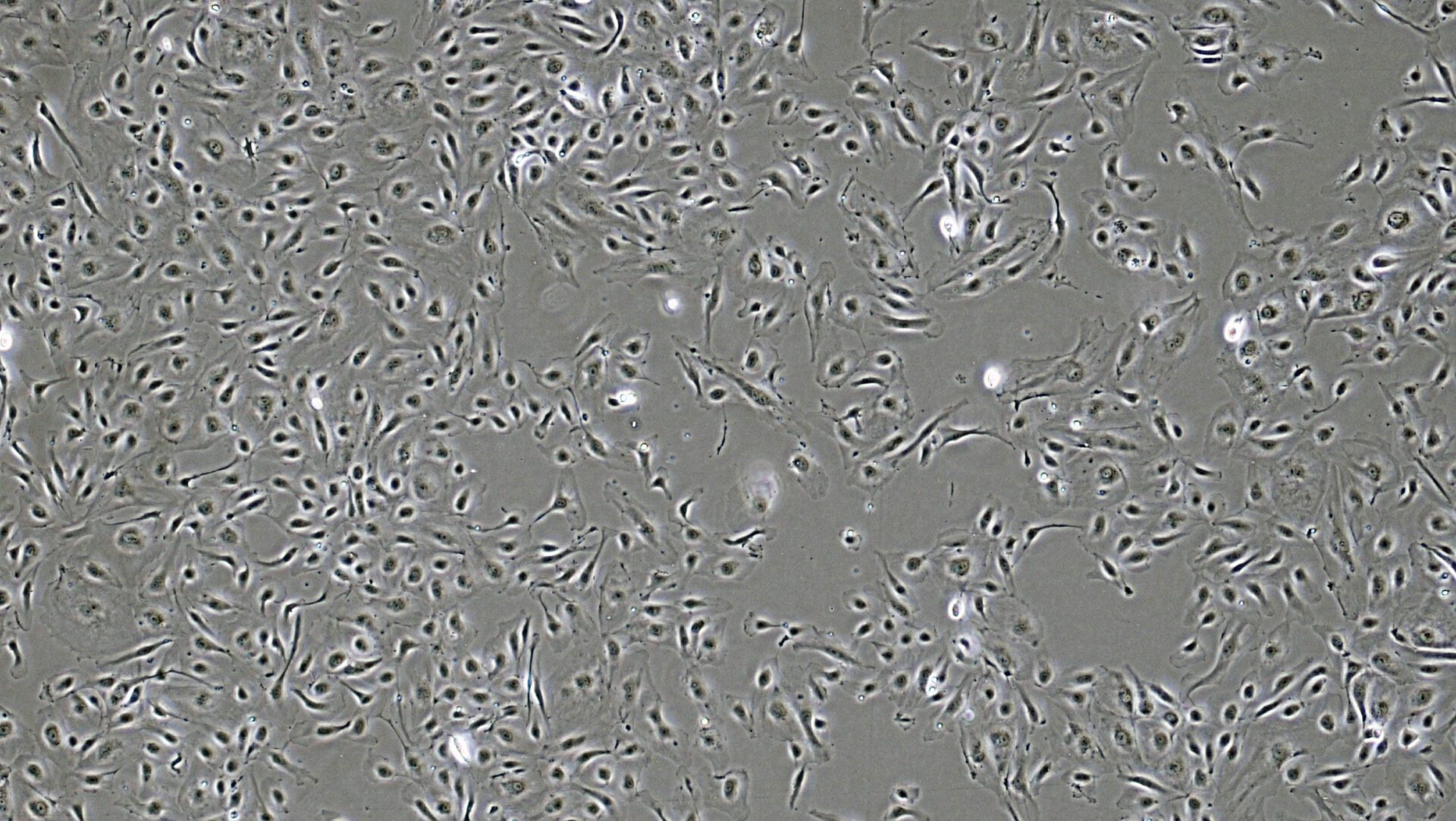
Human Umbilical Vein Endothelial Cells (HUVECPRO2®)
Isolated from the fresh umbilical cord, our hUVEC cells are isolated and cultured at both standard atmospheric oxygen tensions (hUVEC) and physiologically relevant oxygen tensions (HUVECPRO™ and HUVECPRO2™) and are donor matched.
Read more
These cells have been thoroughly characterized with surface marker profiles, cellular motility, migration assays, and tube formation assays assessing angiogenic potential.
Order Human Umbilical Vein Endothelial Cells now by contacting us at sales@amnionfoundation.org!
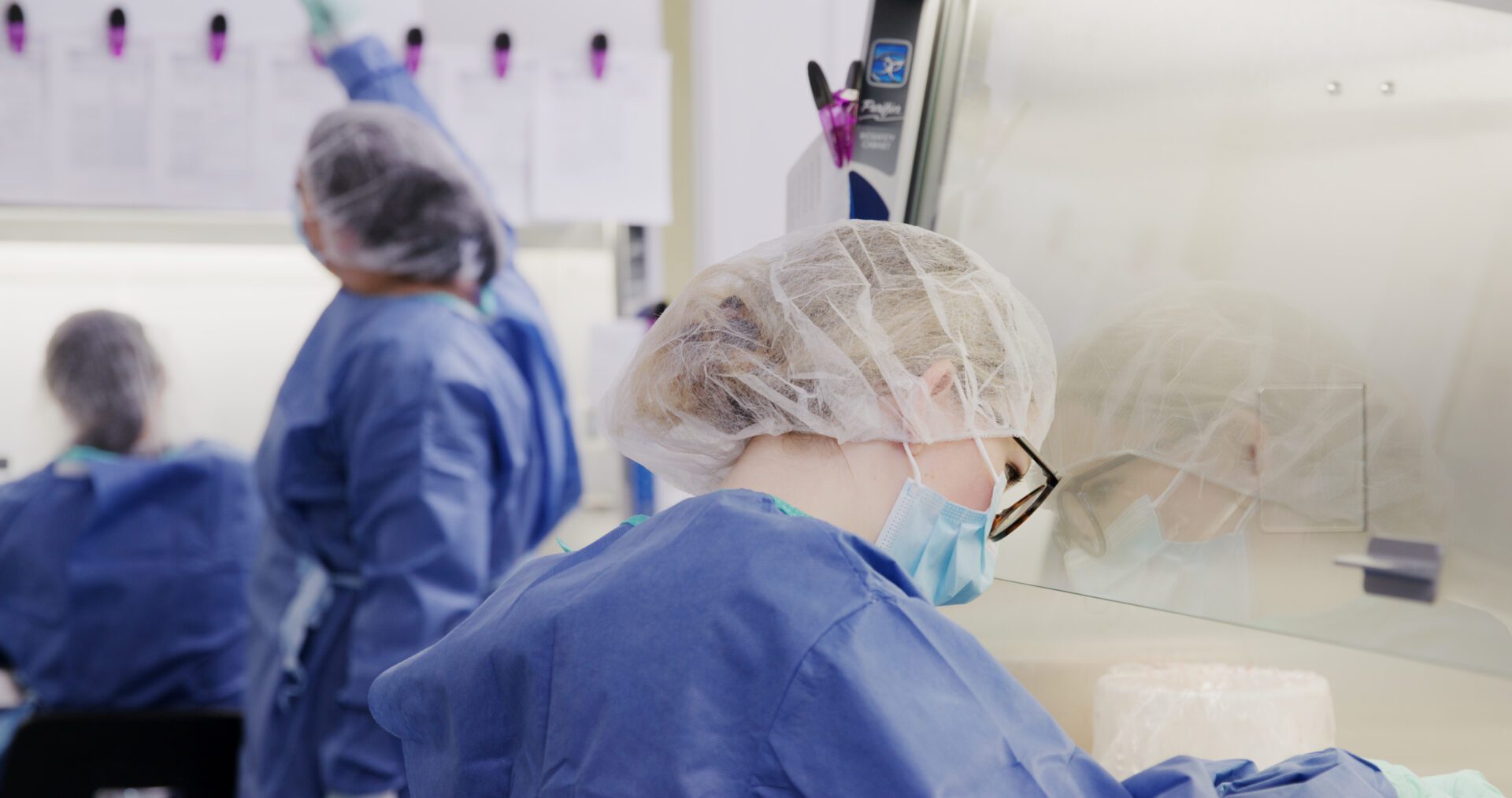
Placental Fibroblasts (FIBPRO2)
Isolated from chorionic villus tissue from term placenta, these fibroblasts play an important role in generation of extracellular matrix (Collagen IV, fibronectin, and proteoglycans) during placental development as well as providing support for the microenvironment of other placental cells.
Read more
Our placental fibroblasts are cultured and characterized under standard and physiologically relevant oxygen conditions to meet your experimental needs. Placental fibroblasts from Amnion Foundation are positive for CD10, CD90 and EPCAM and have 500k cells in each vial.
Order Placental Fibroblasts now by contacting us at sales@amnionfoundation.org!

Birth Tissues and Services
Our expertise is the dissection and processing of birth tissues. We have the necessary protocols and know-how to customize provision of birth tissues and birth tissue isolates for your research and translational studies.
Read more
We have the capability to provide CMO and CDMO services for most any project involving birth tissues. Whether it is bespoke tissue processing or quality control testing our cGMP infrastructure can help translate your research through the development pipeline.
Contact us at sales@amnionfoundation.org to schedule a meeting to discuss your custom project today!
The Amnion Foundation is committed to providing quality cells and isolation services for our partners and clients.
Contact Us with your requests for specific cells or services.